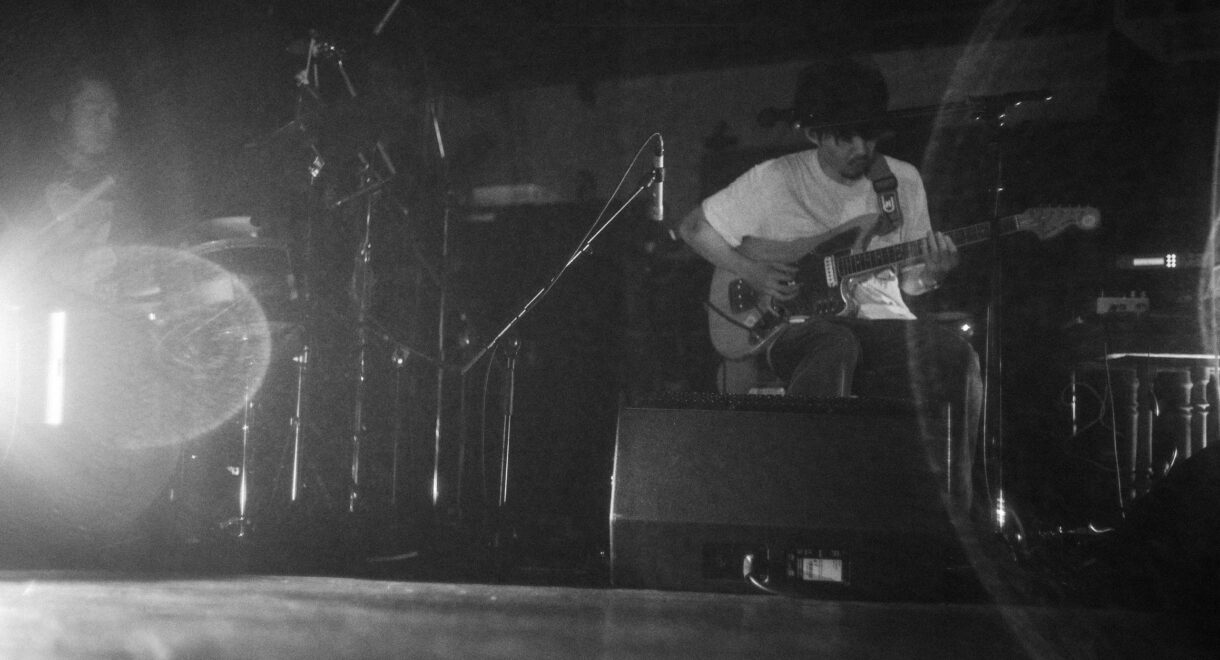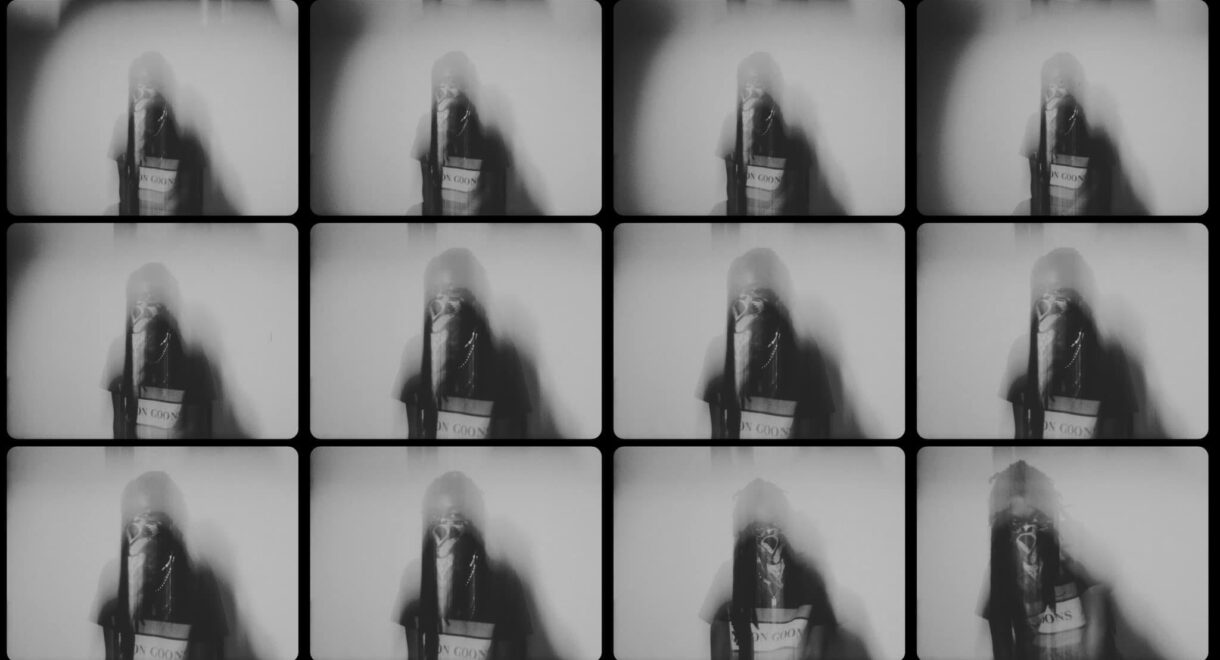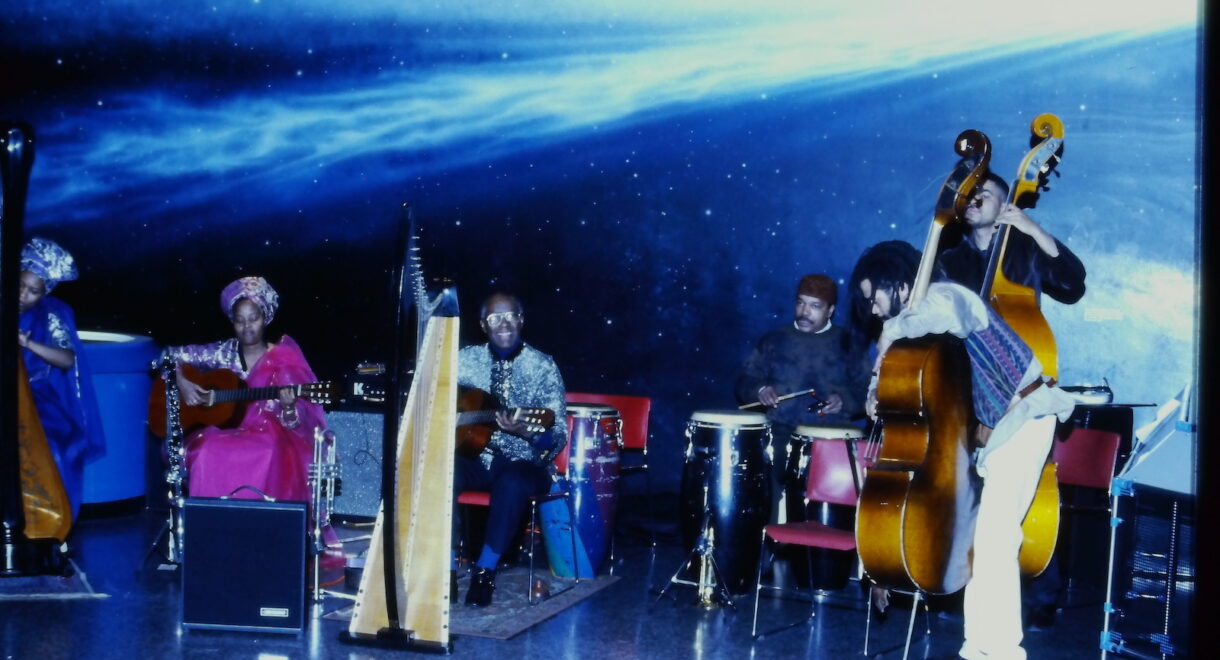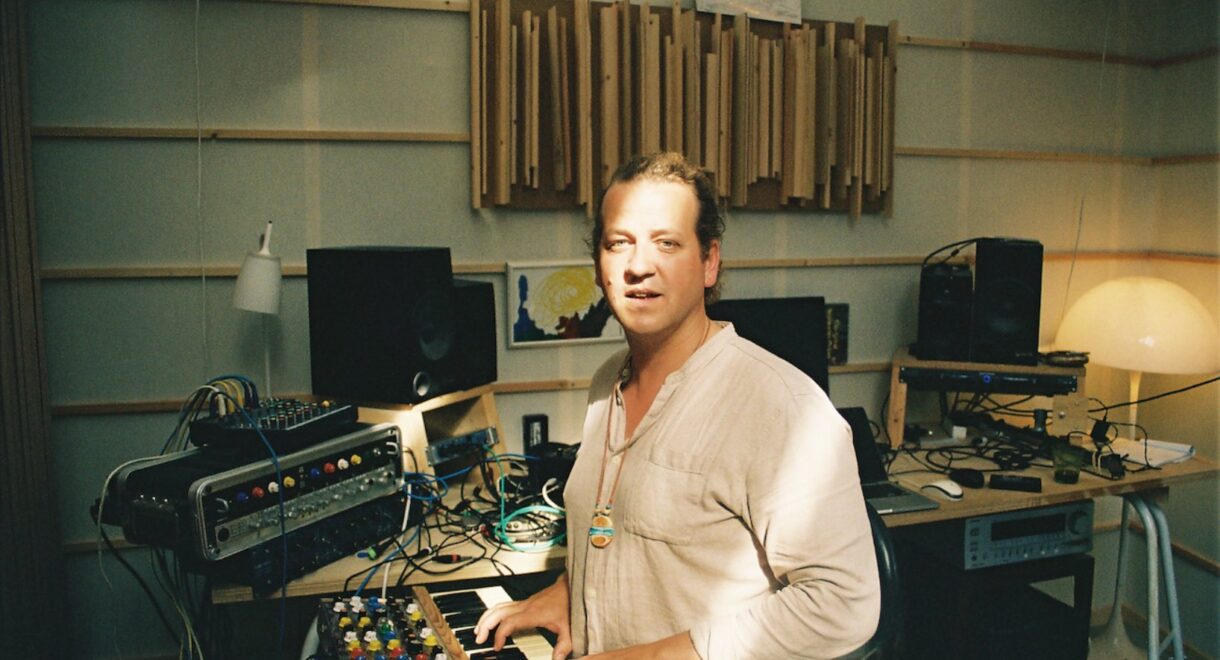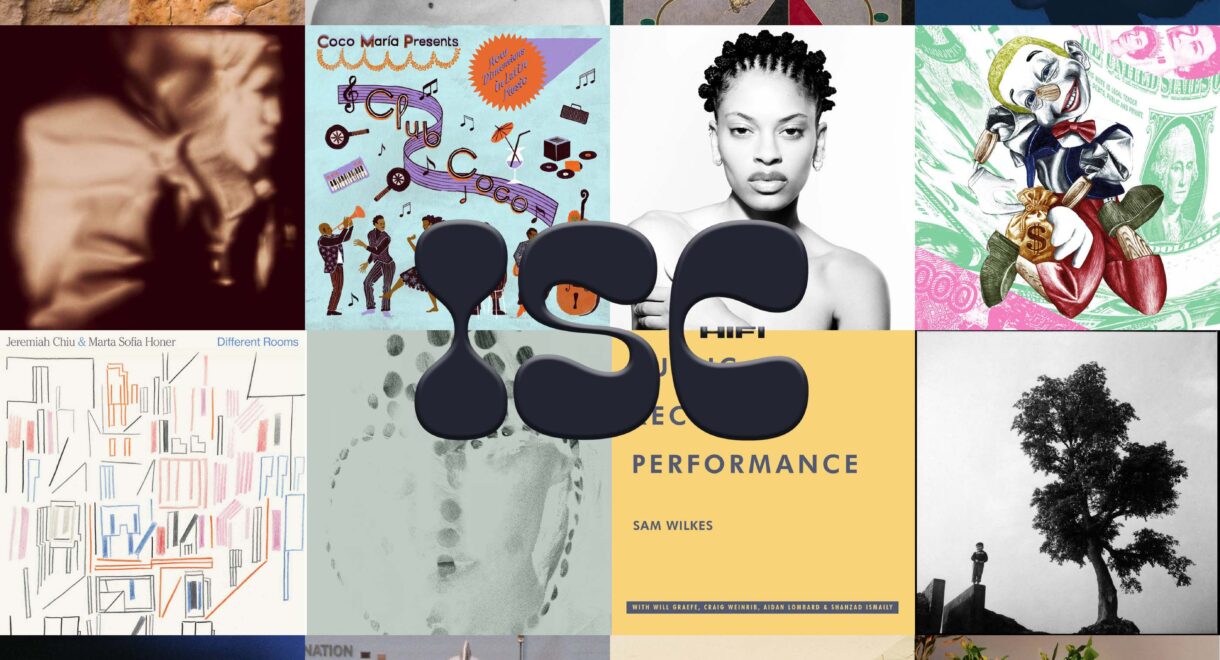Okada’s latest album channels the spirit of ‘Afro-Mingei,’ bridging Japanese folk craft and Black musical traditions in a meditation on connection, influence, and enduring beauty. When Takuro Okada […]
Burning Ambulance Will Direct You to the Good Stuff

A decade and a half of deep dives, overlooked gems and fearless listening from critic Philip Freeman.
Philip Freeman has been digging into the esoteric corners of music for years, chasing down jazz, metal and experimental sounds with equal parts brainpower and love. For the past 15 years, the author and label head has poured that obsession into Burning Ambulance, a wide-ranging newsletter that keeps turning up gems you didn’t know you needed.
He hasn’t just stuck to writing — though he’s done a ton of that. In October 2020, he kicked off Burning Ambulance Music with a compilation, Eyes Shut, Ears Open, part mission statement, part fundraiser. Since then, he’s rolled out audacious records like Ivo Perelman & Nate Wooley’s Polarity (and its follow-ups), Matthew Shipp & Whit Dickey’s sublime piano-and-drum record Reels, Senyawa’s sprawling Alkisah, plus a slew of other boundary-pushing releases — all housed under the Burning Ambulance banner.
As Freeman put it in a 2021 interview with the Free Jazz Collective’s blog, “Burning Ambulance has always covered a mix of jazz (both mainstream-ish and out-ish), metal, modern classical, experimental music… basically, we’re open to a lot of different sounds. I don’t think we’ll be releasing any death metal records, despite my love of death metal, but I’ve been in touch with artists from across the spectrum about potential projects already, so we’ll see what the future holds.”
Below, some entry points.
‘50 Great Jazz Albums From 1974’
The best entry into Freeman’s work is his deep list of 50 jazz albums from 1974, laid out alphabetically with just enough on each to give you a feel. Together they sketch out 1974 in full bloom: the Art Ensemble blowing wide open, George Benson riding funk grooves, Miles patching together long, unruly collages, Pharoah Sanders roaring at Impulse! one last time, Mingus building his final powerhouse band. And tucked alongside the heavyweights are albums that are either new to us or don’t get talked about nearly enough — Bobbi Humphrey turning Ellington into dance-floor gold, Carlos Garnett channeling cosmic fire, Roscoe Mitchell testing the limits of solo sax.
Senyawa – ‘Alkisah’ CD
When Senyawa released Alkisah in 2021, it landed like an omen — a fractured, singular myth set to sound — and they let it loose through dozens of independent labels worldwide, with Burning Ambulance handling the U.S. edition (like all of their releases, on compact disc). Wukir Suryadi’s handmade instruments and Rully Shabara’s guttural chants embody what Freeman called in a Bandcamp story “doom metal’s subterranean roar and the clang and drone of industrial ‘modern primitive’ acts like Einstürzende Neubauten or Test Dept.” On Alkisah, that collision becomes a bleak allegory, a doomsday fable built from wood, wire and vocal cords. This is a ferocious, enveloping record, especially at proper volume.
‘Agharta & Pangaea @ 50’
Freeman’s dive into Agharta and Pangaea treats Miles Davis’s mid-’70s electric music not as a side note but as a world unto itself. He frames the concerts against Davis’s failing health and brutal touring schedule, then unpacks the music with a forensic ear: Davis opening a set with a shrieking synth blast, Pete Cosey ripping through solos that feel like warzones, Michael Henderson’s bass embodying Amiri Baraka’s “changing same.”
Greg Tate’s description of the group as “the world’s first fully improvisational acid-funk band” anchors Freeman’s portrait of a unit that could summon Santana, Stockhausen, Sly, or the Ohio Players without losing cohesion. He writes not in abstractions but in close-up detail, tracing how the band lurches from molten funk to ominous drift, with every player positioned as a co-author of the sound.
Freeman obviously knows his stuff. He’s the author of four books, including In the Brewing Luminous: The Life and Music of Cecil Taylor, Running the Voodoo Down: The Electric Music of Miles Davis, and Ugly Beauty: Jazz in the 21st Century.
All that engrained knowledge informs his writing and research. Freeman recalls how Agharta was dismissed on release by Robert Palmer in the New York Times and Gary Giddins in the Village Voice, only to be reclaimed years later as one of Davis’s fiercest works. He acknowledges Davis’s fragility and the band’s occasional drift, but treats those flaws as part of the music’s power, proof of how volatile and alive it remains. For him, Agharta stands shoulder to shoulder with On the Corner as Davis’s peak of the ’70s, with Pangaea a more fractured but still essential companion.
‘Japanese Jazz Is The New Nigerian Funk’
In November, Freeman tackled the onslaught of Japan-focused reissues, and compared the early-2000s rediscovery of Nigerian funk to today’s explosion of Japanese jazz reissues. Both periods, he argued, reflect moments when buried archives reshaped listening habits. His entry point is BBE’s J Jazz: Deep Modern Jazz from Japan 1969-1984, released in 2018, which unearths rare and obscure recordings — including tracks from Koichi Matsukaze, Tohru Aizawa, and Takeo Moriyama — and packages them with liner essays that “delve into the history of the Japanese jazz scene as a whole and then provide bios and information about each artist, album and track included.” This music isn’t blazing free jazz or imitation fusion, Freeman notes, but “modern acoustic playing every bit as skilled and inventive as their American peers,” making a compelling case that the 1970s acoustic jazz scene deserves fresh recognition.
Freeman then maps out the expanding landscape of reissues: Jazzman’s Spiritual Jazz 8, Universounds’ Japanese Jazz Spectacle, Universal Japan’s East Wind: Revolutionary Japanese Jazz in the 1970s, and full-album reissues from artists like Masao Nakajima (Kemo-Sabe). His take: This is “pure jazz, played with real love and skill,” standing shoulder to shoulder with the Blue Note and Prestige classics. It reads like a listening diary, charting how once-obscure scenes now promise years of discovery.
Burning Ambulance offers plenty to read for free, but the sheer flood of recommendations — deep dives, overlooked gems, records you didn’t know you needed — makes the five bucks a month feel less like a paywall than an investment in keeping the good stuff coming. And if the writing isn’t enough, the label itself is a feast of riches, extending the same restless curiosity into actual records.




